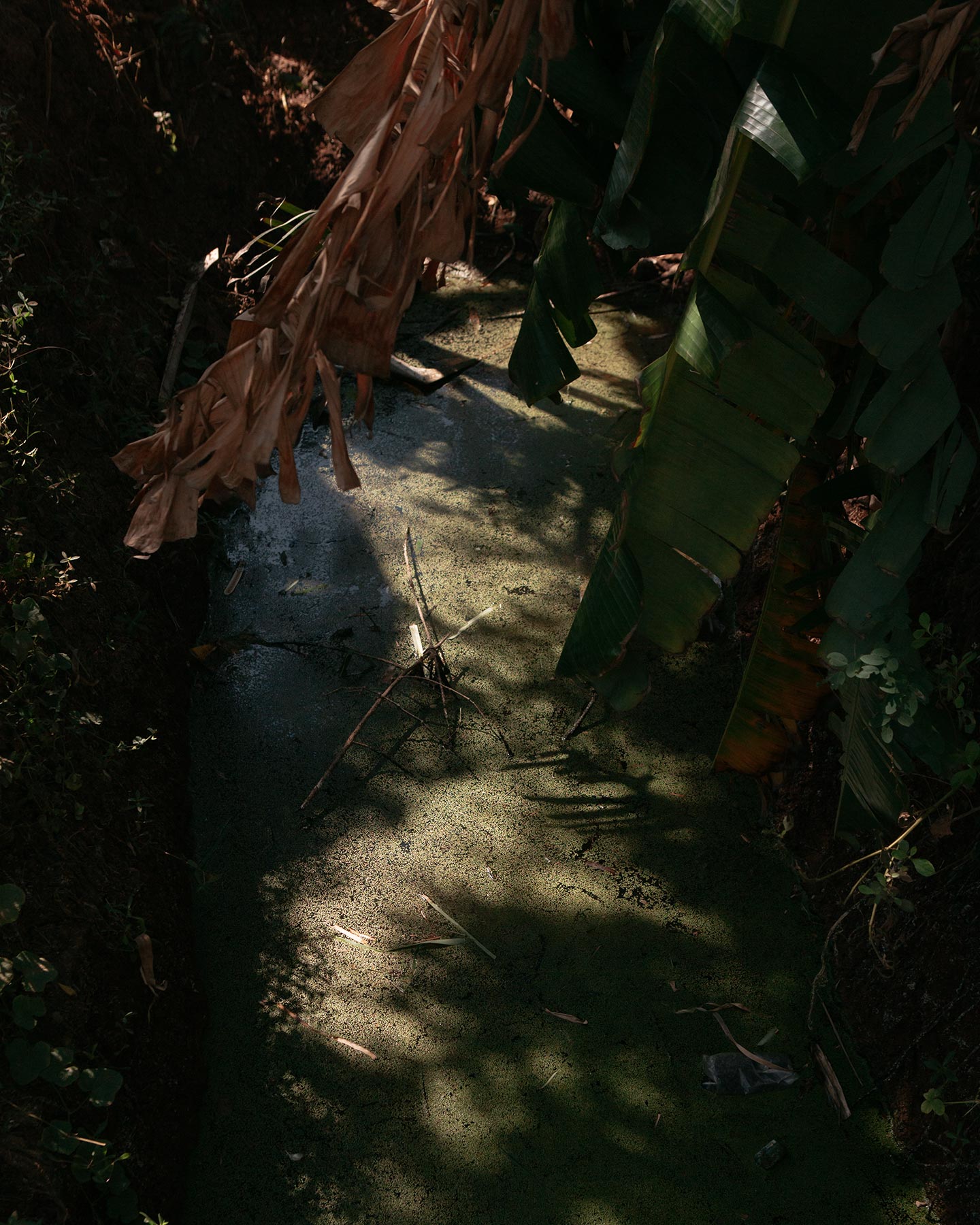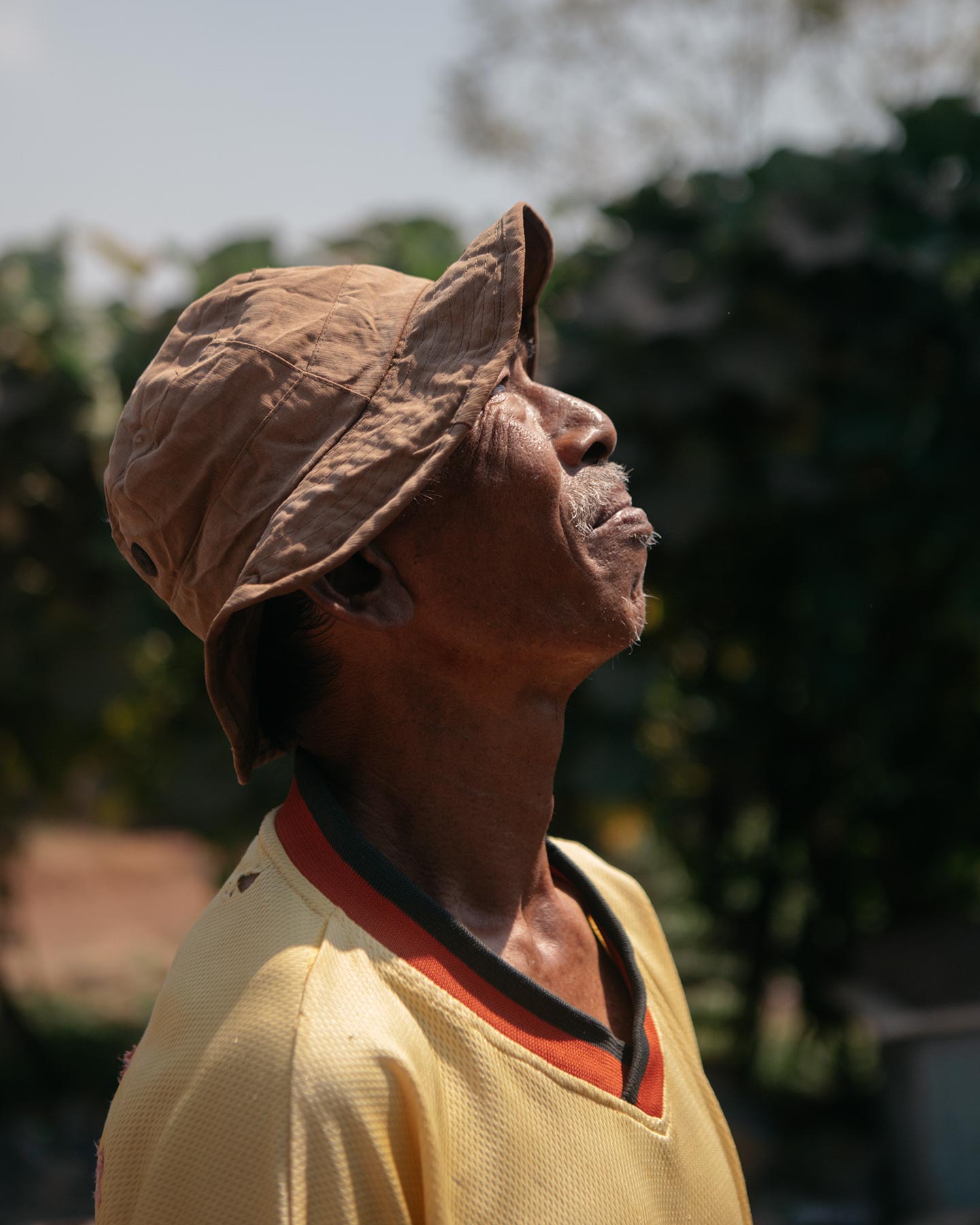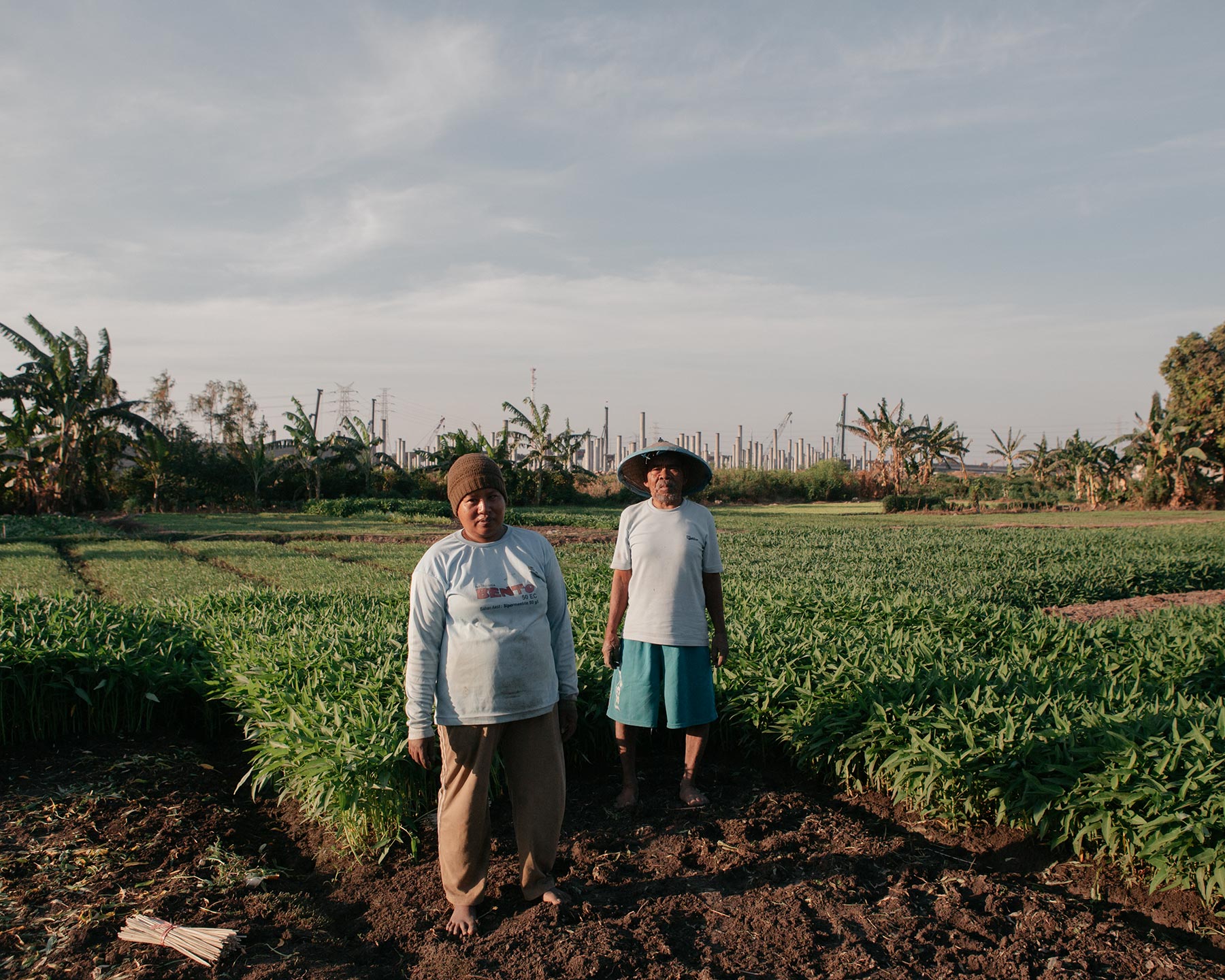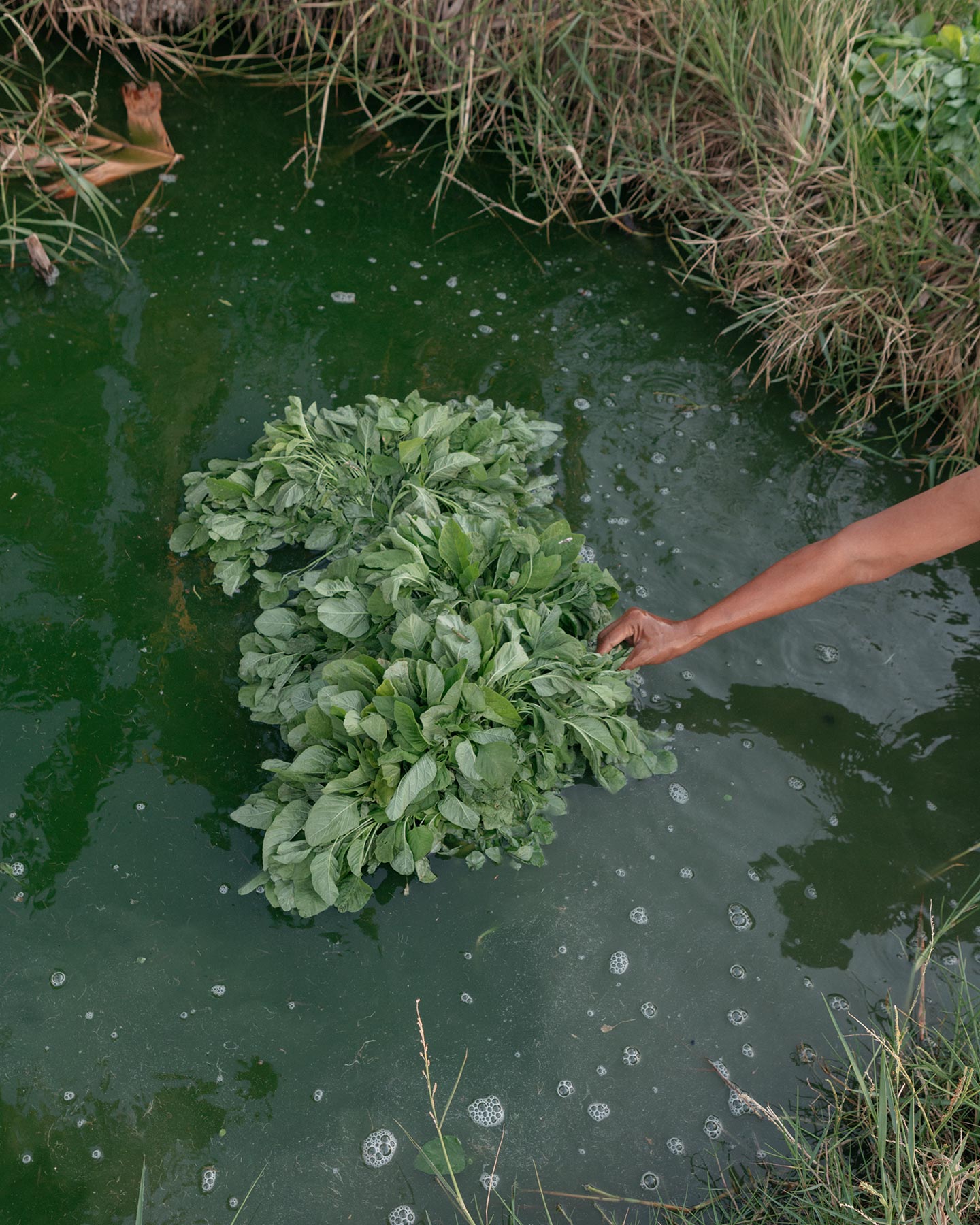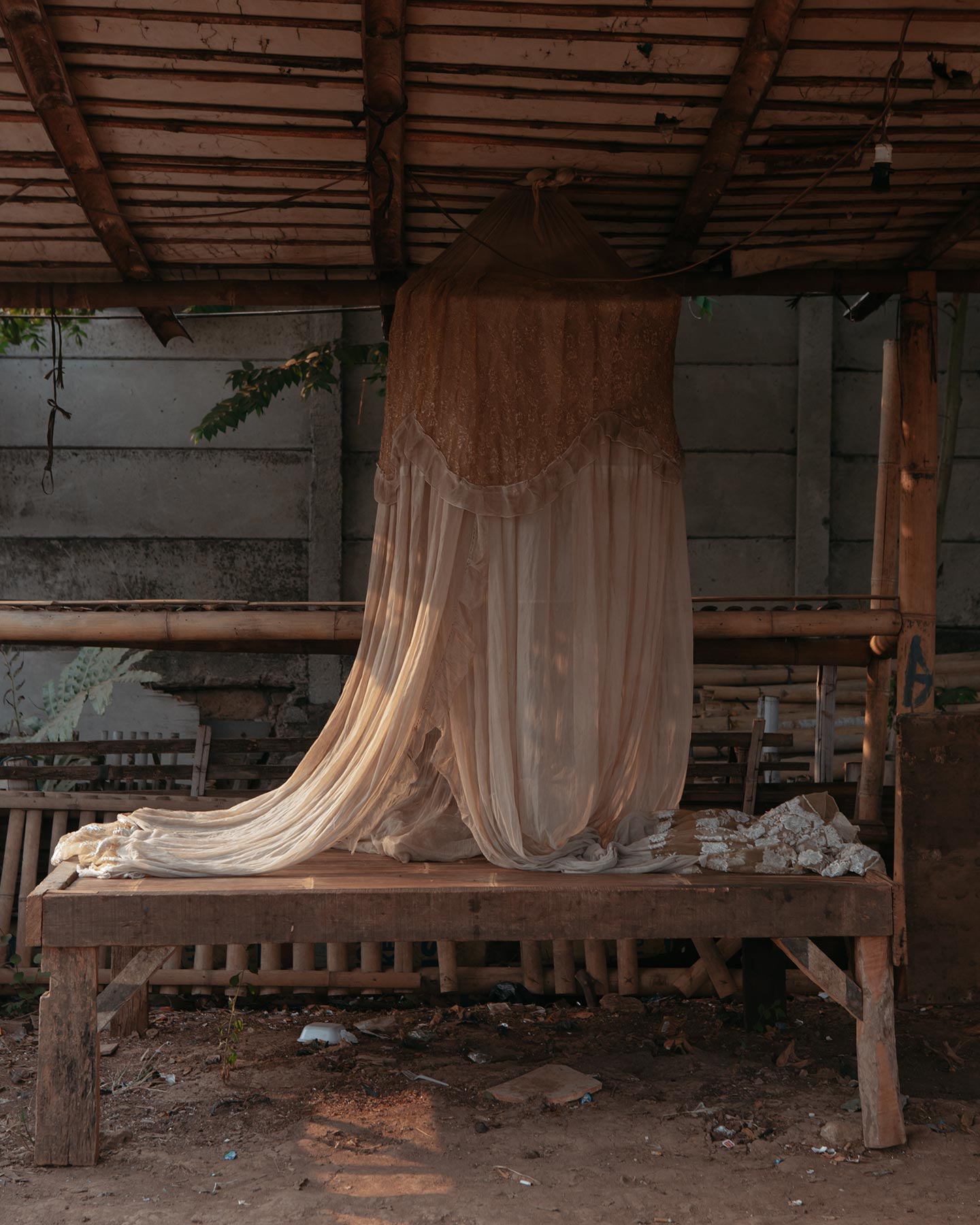
No Man's Farm
In a city with virtually no space for agricultural activities, residents of Kampung Kebun Bayam in Tanjung Priok, a subdistrict in the northern part of Indonesian capital of Jakarta, are reviving the tradition of farming. Their initiative began in the early 2000s when several residents converted a plot of neglected land into a vegetable garden. Today, the former landfill has transformed into one of North Jakarta’s most fertile areas.
Today, the former landfill has transformed into one of North Jakarta’s most fertile areas.
Local residents obtained authorization from the Government of Jakarta to use the idle land to grow vegetables. They initially took up farming for their daily needs, but over time they began supplying spinach and kangkung to local markets around Tanjung Priok.
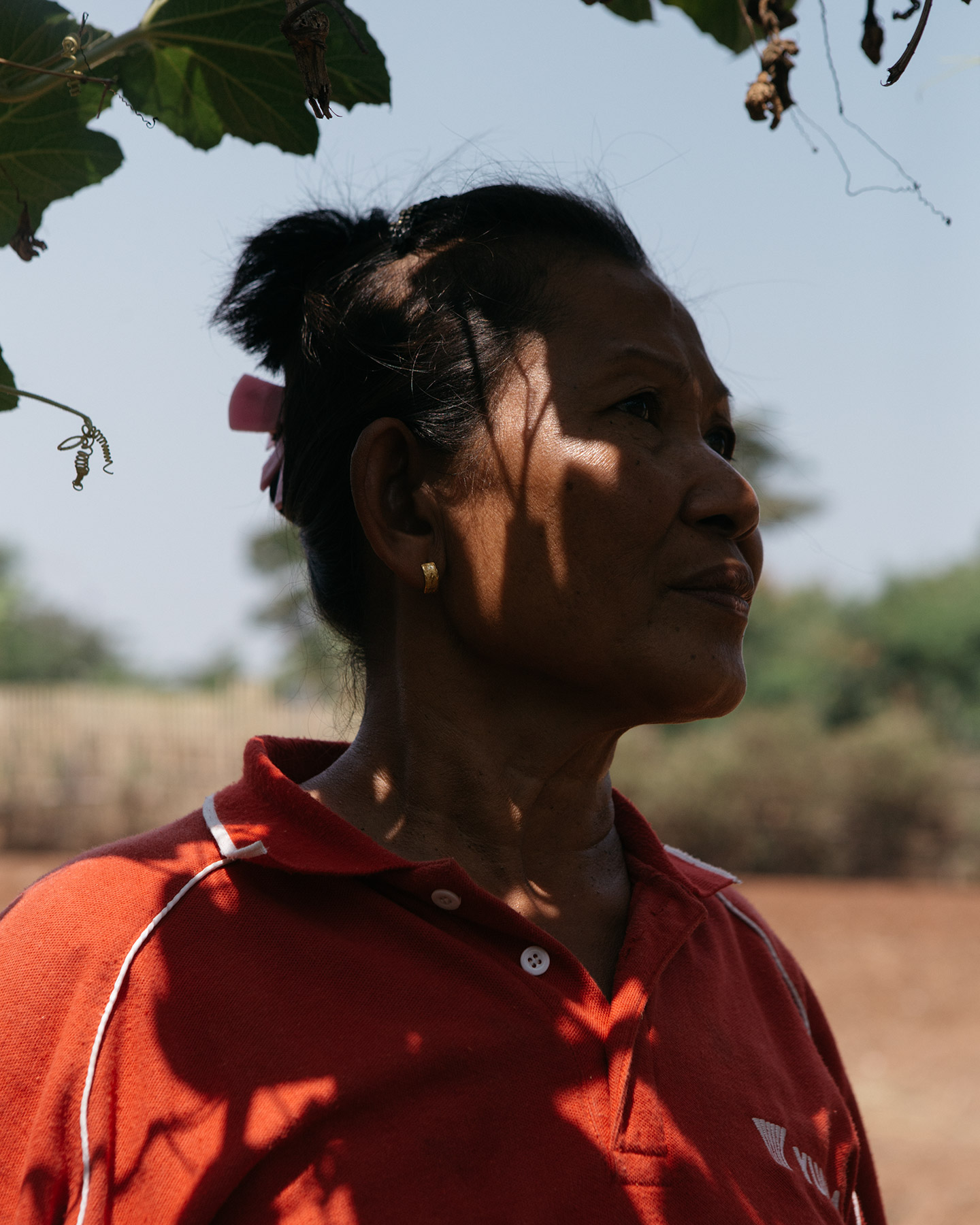

As the climate crisis continues to worsen, urban farming communities play an increasingly important role in supporting food security for themselves and nearby communities. This humble group of farmers have firsthand knowledge of cultivating land in their village, and for several generations they have lived in reciprocal harmony with nature.
From the hands of these farmers, a new hope arises. The urban farm is a breath of fresh air in an area otherwise known for being a rough neighborhood. But perhaps it makes sense: having lived on borrowed land for so long, perhaps the way to fight is to cultivate.


